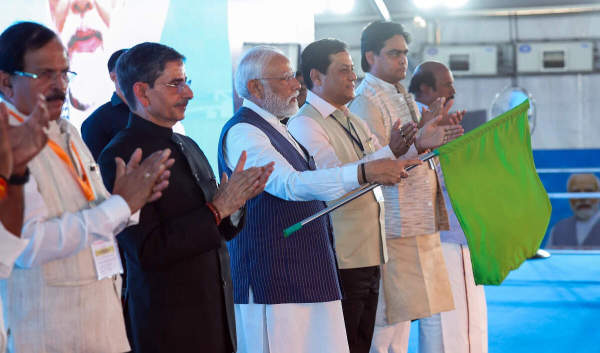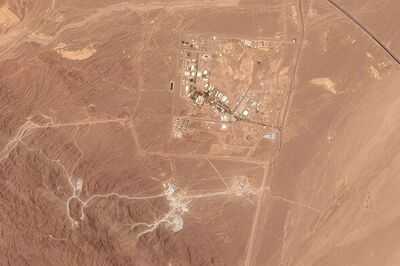
 Indian Railways Takes a Major Step in Revenue Generation
Indian Railways Takes a Major Step in Revenue Generation
In a significant move to enhance its revenue, Indian Railways is set to commence the export of locomotives to Guinea, a coastal nation in West Africa. On June 20, Prime Minister Narendra Modi will flag off the first locomotive manufactured at the Diesel Locomotive Factory in Marhowra, Bihar. Additionally, he will also inaugurate the Vande Bharat train service between Patliputra (Bihar) and Gorakhpur (Uttar Pradesh). This marks the inaugural export of locomotives by Indian Railways, promising a boost to its revenue.
Details of the Export Agreement
A senior official from the Ministry of Railways explained that previous exports were conducted through lines of credit, serving as a form of assistance for development projects in various countries, including Bangladesh and Mozambique. The agreement with Guinea entails the supply of a total of 150 engines over three years. The Marhowra factory operates under a Public-Private Partnership (PPP) model, managed by a joint venture between GE Transportation and Indian Railways, in collaboration with the American company Webtek.
Specifications of the Locomotives
The official further stated, "This factory has successfully won the global tender issued by Guinea. These engines will be utilized for transporting goods from the country's iron ore mines. Each engine boasts a power output of 4,500 horsepower (HP) and includes various features such as windshield heating for fogging, insulated roofs, toilets, and air conditioning. The rake will be connected by two engines on either side, incorporating a Distributed Power Wireless Control System (DPWCS) that allows for wireless control of multiple engines within a single train. These engines are capable of carrying loads of up to 8,000 tons, with two engines together able to haul a maximum of 100 wagons at an acceptable speed. They are expected to cover a distance of 1,200 kilometers within a 24-hour period."
-
Row over Hindi: Marathi literary body opposes three-language formula for Classes 1 to 5

-
UP: Man bites off wife’s nose after catching her with lover in Hardoi

-
Radiation warning issued: Israel 'on verge' of hitting over 10 nuclear targets in Iran

-
Will The BJP Be Able To Manage The "Insider" vs "Outsider" Clash In The Party?

-
Indian Astronaut Shubhanshu Shukla's ISS Mission Delayed Again
